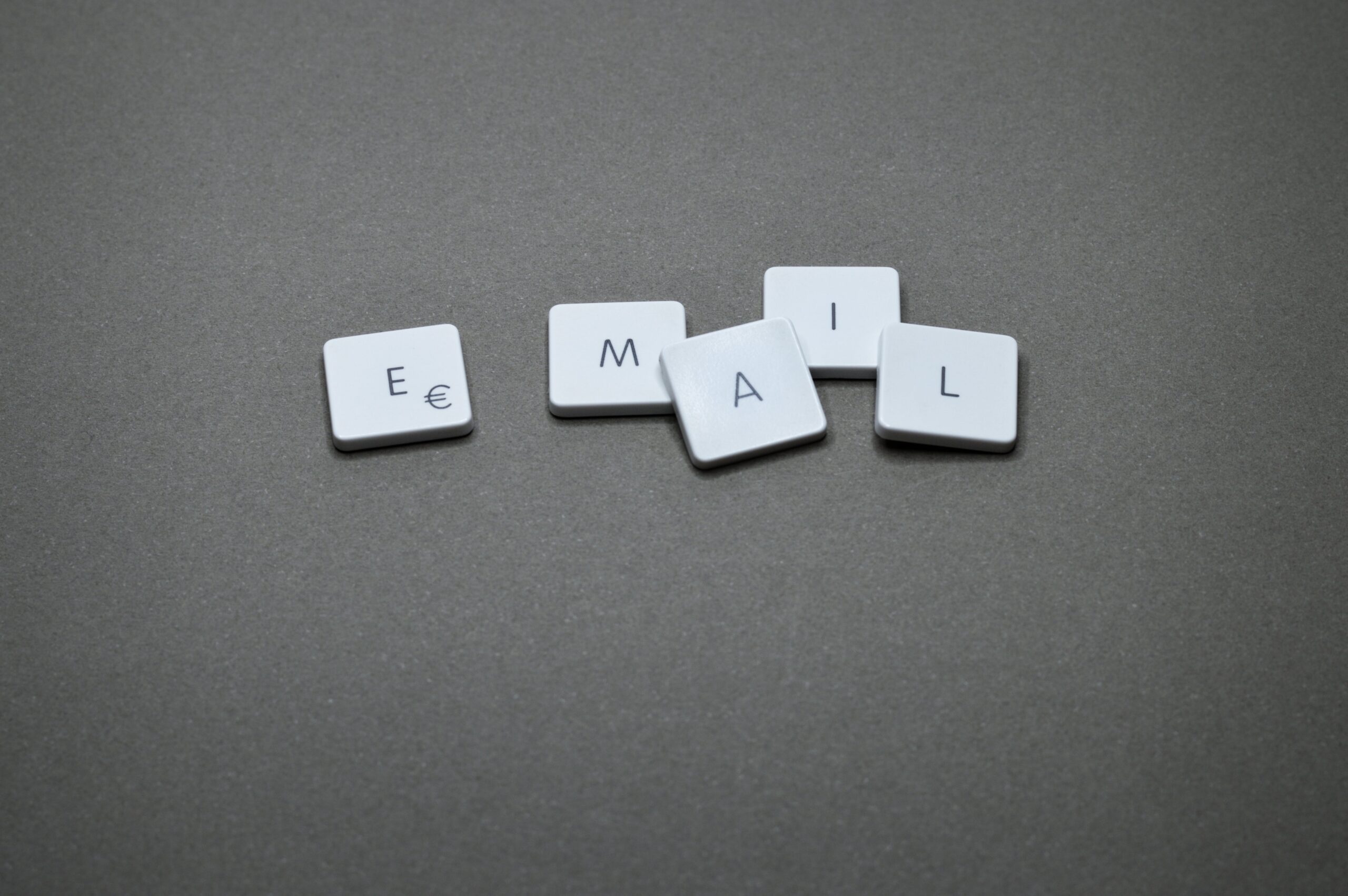
Email Marketing in the Age of Privacy Concerns
In recent years, email marketing has navigated the turbulent waters of increased privacy concerns. Regulations such as the General Data Protection Regulation (GDPR) and the California Consumer Privacy Act (CCPA) have introduced stringent requirements for data protection, significantly impacting how email marketing is conducted. This article delves into the transformed landscape of email marketing in this new era, providing an overview of privacy laws and their implications for marketers.
In light of the new privacy-centric era, email marketers must navigate the fine line between personalization and privacy. Personalization, when done correctly and ethically, can lead to better customer experiences and higher engagement rates. Segmentation plays a critical role here – it allows marketers to tailor their messaging according to the subscriber’s profile, preferences, and past interactions, all while respecting their privacy.
Technical Aspects Of Privacy
Anyone offering a digital marketing service must also be aware of the technical aspects of email privacy. This includes employing secure email protocols, using encrypted channels for data transmission, and ensuring that the marketing tools and platforms they use are compliant with the latest security standards.
It’s imperative that brands also focus on the quality of their email content. Privacy concerns mean that users are more selective about the emails they open. Content must be relevant, valuable, and engaging to encourage recipients to stay subscribed—and to keep them from hitting the ‘report spam’ button.
The smart use of data analytics also plays a pivotal role. By closely monitoring open rates, click-through rates, and conversion rates, marketers can gain insights into what content resonates with their audience, allowing for more refined targeting in future campaigns.
Understanding the Privacy-First Movement
Consumer attitudes towards privacy have shifted, with an increasing demand for control over personal data. The privacy-first movement is reshaping marketing strategies across the board. Marketers must now align their practices with the expectation of heightened privacy, or risk losing consumer trust and facing legal ramifications.
Best Practices for Privacy-Conscious Email Marketing
Key to privacy-conscious email marketing is the appropriate acquisition and management of consent:
Consent:
It is imperative to obtain explicit permission from users before sending marketing emails, ensuring that consent is informed and freely given.
Data Transparency:
Marketers must clearly communicate how subscriber data is collected, used, and protected, maintaining transparency at every stage of the email marketing process.
Personalization vs. Privacy: Striking the Right Balance
Even in a privacy-focused environment, personalization remains a cornerstone of effective email marketing. The challenge lies in personalizing content without overstepping privacy boundaries:
Segmentation:
Utilizing segmentation to tailor messages to subscriber preferences without compromising individual data privacy.
Anonymized Data:
Employing anonymized or aggregated data to inform campaign decisions while safeguarding user anonymity.
Technological Solutions for Privacy-Compliant Email Marketing
Advancements in technology offer solutions for privacy-compliant email marketing:
Compliance Tools:
Highlighting platforms that assist with regulatory compliance, such as features for managing consent and automating data subject requests.
Email Marketing Software:
Discussing the critical features to look for in email marketing software that align with privacy laws and enhance campaign effectiveness.
Case Studies: Successful Privacy-Friendly Email Campaigns
The article will showcase brands that have successfully navigated privacy regulations to deliver compelling email campaigns. By analysing these case studies, we can discern the strategies and techniques that harmonize with both marketing objectives and privacy concerns.
Looking forward, the intersection of email marketing and privacy concerns will continue to evolve. Marketers are encouraged to view privacy not as a hurdle but as an opportunity to forge deeper, more trust-based relationships with their audience. By embracing privacy-conscious practices, email marketing can remain a powerful tool for engagement in a world where consumer trust is both the currency and the prize.